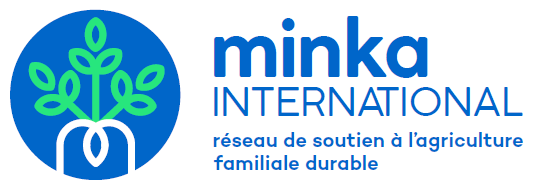SEMINAR AGROECOLOGY & CRISES
On the occasion of its fifth anniversary, the Minka network organized an international seminar in Brussels to explore a crucial question: Is agroecology a relevant approach to reducing risks, managing emergencies, and addressing the consequences of crises?
Bringing together experts from development cooperation, humanitarian aid, research, and the institutional sector, this collective moment of reflection provided a unique opportunity to cross perspectives on a topic that lies at the heart of current global concerns.
This seminar demonstrated, through concrete examples and high-level exchanges, that agroecology is a relevant lever for crisis management. It strengthens resilience upstream (through preparedness and reduced vulnerability) and offers sustainable solutions downstream (in recovery and reintegration), provided it is conceived as a cross-cutting, inclusive approach, tailored to local contexts and backed by long-term political and financial commitment.
The summary of discussions and presentation materials are now available.
You can also watch the full conference (video).
